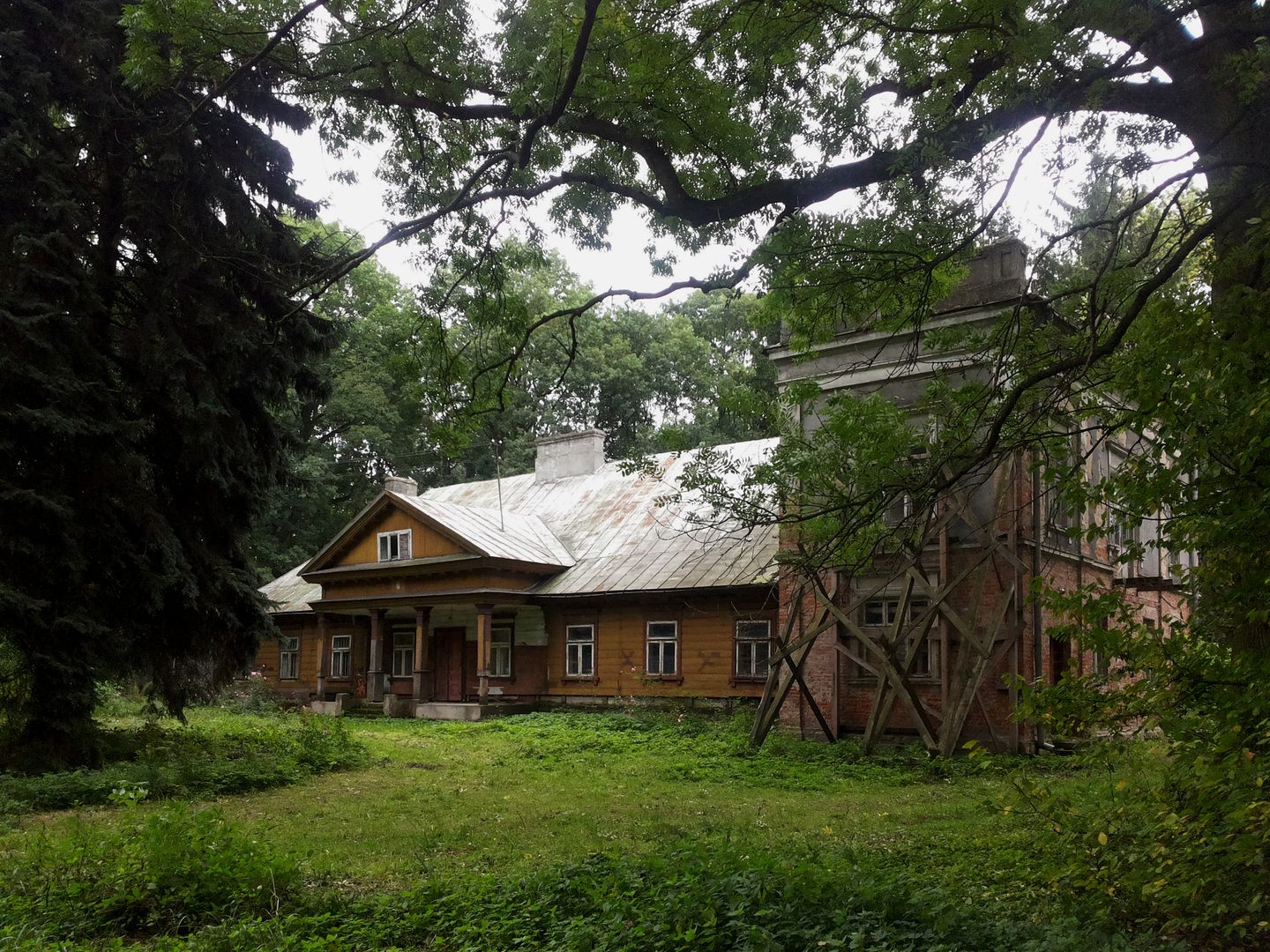Lugow
6.22

Overview
Ługów is a village in the Lublin Voivodeship, within the municipality of Jastków, boasting a fascinating history dating back to the 15th century. The first written mention of the settlement comes from 1409. Ługów was the seat of minor nobility, whose representatives, such as Sylwester Lasota, often had to prove their lineage. In the 15th century, three knightly families held the estate here, and the Swedish Deluge of 1655 led to a significant fragmentation of noble ownership. In the 18th century, Ługów came into the hands of Daniel Kowalewski, who contributed to the development of the parish in Garbów, funding, among other things, a new bell tower. Over the centuries, the owners changed, including the Niezabitowski and Iżycki families. The last owners before World War II were the Łabęcki family, who acquired the estate in 1925. The name of the village most likely refers to the marshy terrain. Currently, the inhabitants are mainly engaged in agriculture and cattle breeding, with some working in Lublin. The village is home to two bicycle trails, and the Social and Cultural Centre offers various services. Ługów features historical monuments such as a manor complex, an obelisk commemorating those who fell in World War II, and several chapels. The manor house, built at the turn of the 17th and 18th centuries, underwent a thorough renovation in 1911 and was repurposed as a summer camp center after World War II. A monument was unveiled in the village in 1957 to honor the victims of Hitlerism, listing the names of 22 local residents. Among those born in Ługów is Stanisław Biernacki, an officer of the Polish Army. The village stands out not only for its rich history but also for its strong ties to local culture and traditions.
Location
2026 Wizytor | All Rights Reserved